Buy Flour Flax Seed 500G
Flour Flax Seed 500G is made from finely ground flaxseeds, offering a nutritious and versatile ingredient for a wide range of recipes. Packed with fiber, omega-3 fatty acids, and protein, it provides numerous health benefits, including promoting digestive health and supporting heart function. It’s a great gluten-free option to include in your diet and can be used in smoothies, cereals, bread, or muffins.
Key Features:
- 500G pack providing ample quantity for regular use
- High in omega-3 fatty acids, fiber, and protein
- Naturally gluten-free and vegan-friendly
- Can be added to baked goods, smoothies, and more
- Supports overall health, including heart and digestive wellness
Usage Tips:
- Add a tablespoon of flaxseed flour to your smoothies for an extra nutrient boost
- Mix into baked goods like bread, muffins, and pancakes for added fiber and protein
- Sprinkle on top of cereal, yogurt, or salads
- Use as a substitute for eggs in vegan recipes by mixing with water to create a binding agent
- Store in an airtight container to preserve freshness
Packaging:
- 500G pack with resealable packaging for easy storage
- Keeps flaxseed flour fresh and free from moisture
- Convenient for both home kitchens and small businesses
Storage Instructions:
- Store in a cool, dry place away from sunlight
- After opening, refrigerate to maintain freshness and preserve nutrients
- Best used within 6-12 months for optimal flavor and health benefits
Why Choose This Product?
Flour Flax Seed 500G is a nutrient-dense, versatile ingredient that adds a boost of fiber, omega-3 fatty acids, and protein to your diet. Whether you’re baking, cooking, or adding to smoothies, flaxseed flour offers a healthy, gluten-free option for a variety of recipes. It’s ideal for those looking to enhance their overall health, supporting digestive and heart health. The 500G size provides a generous supply, making it a practical choice for regular use.
Chefiality.pk offers a variety of baking and cooking ingredients that can complement the use of Flour Flax Seed 500G. While flaxseed flour itself may not be directly listed, you can find other gluten-free and health-conscious ingredients, such as various baking essentials and superfoods, that pair well with flaxseed.
Suggested Product:
Prime Kuisine Berrylish 1Kg Buy: Prime Kuisine Berrylish 1Kg now.
Popsicle Sticks 50 Pc’s Buy: Popsicle Sticks 50 Pc’s now.

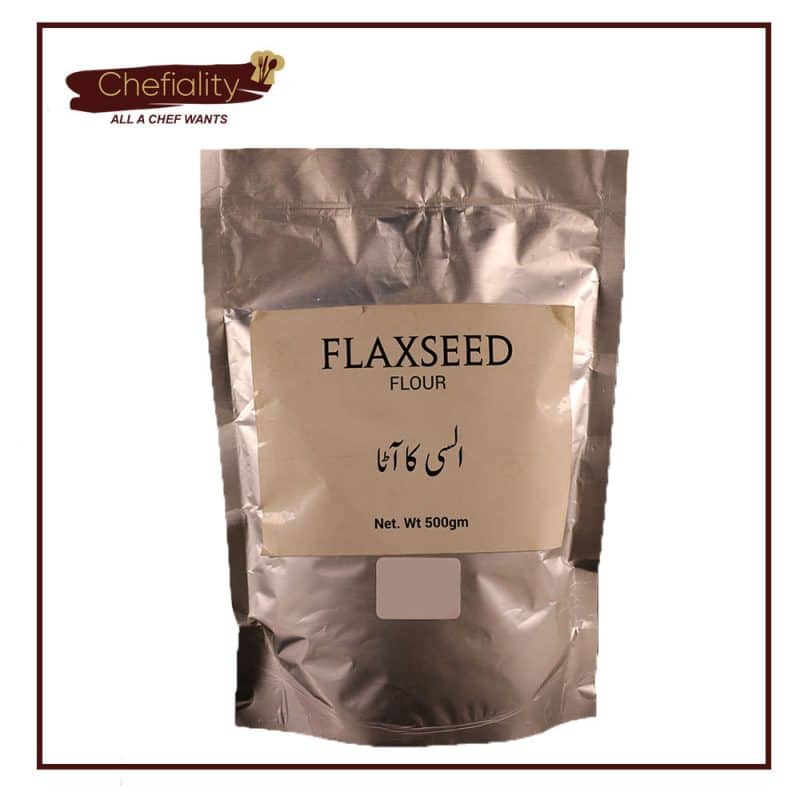
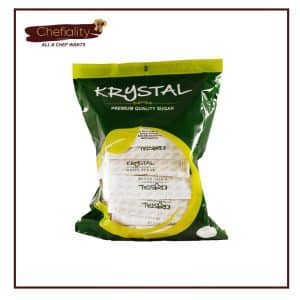
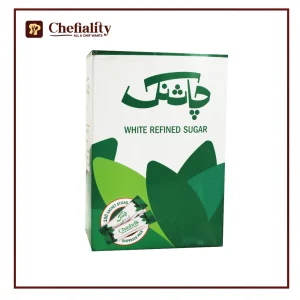
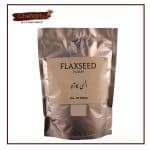



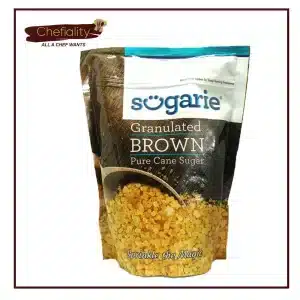
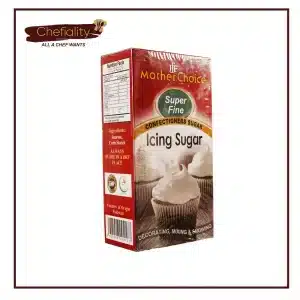

Reviews
There are no reviews yet.